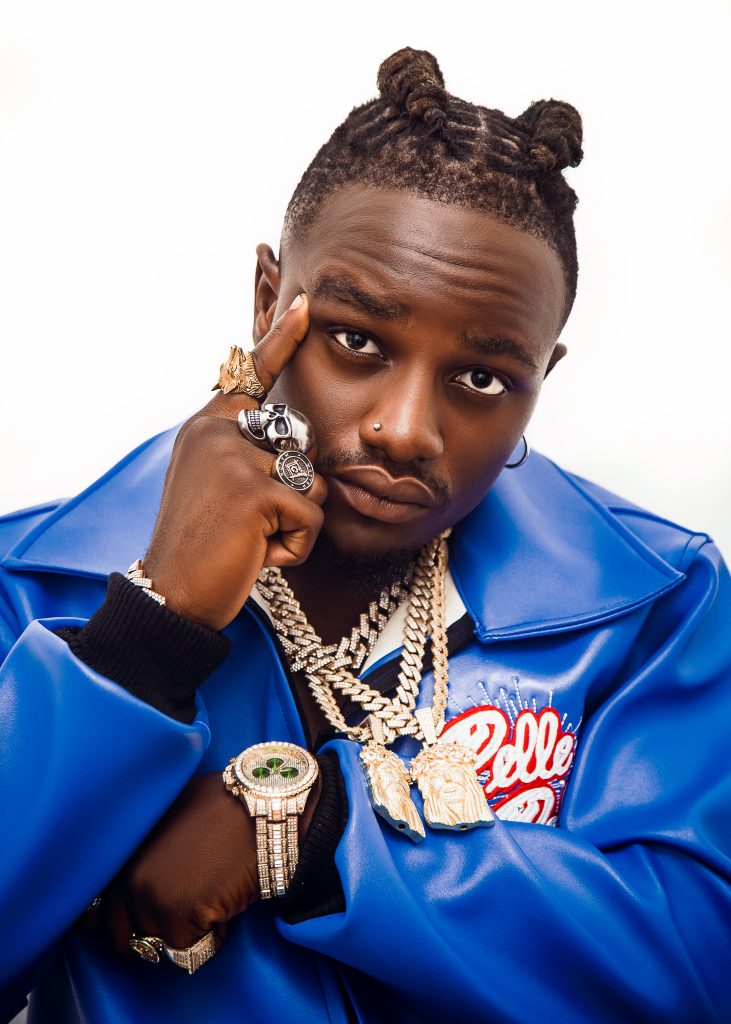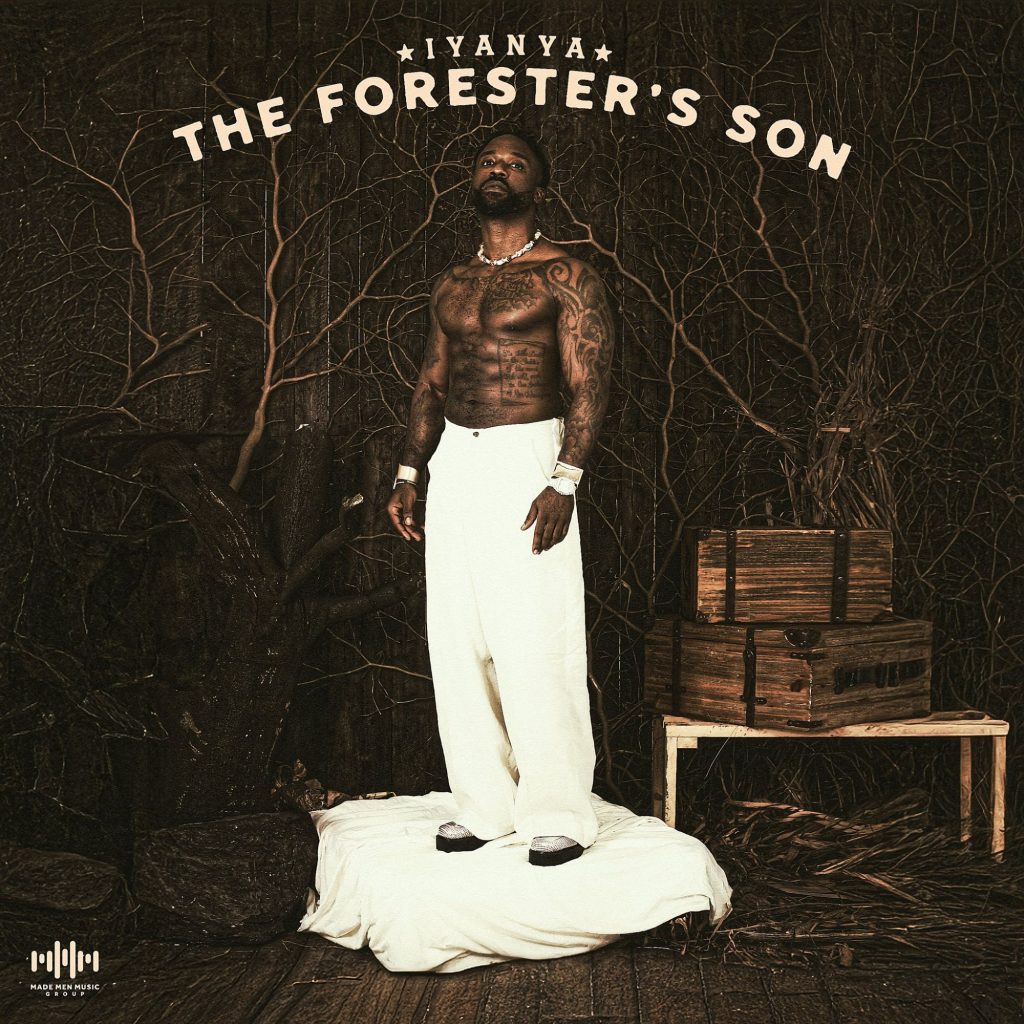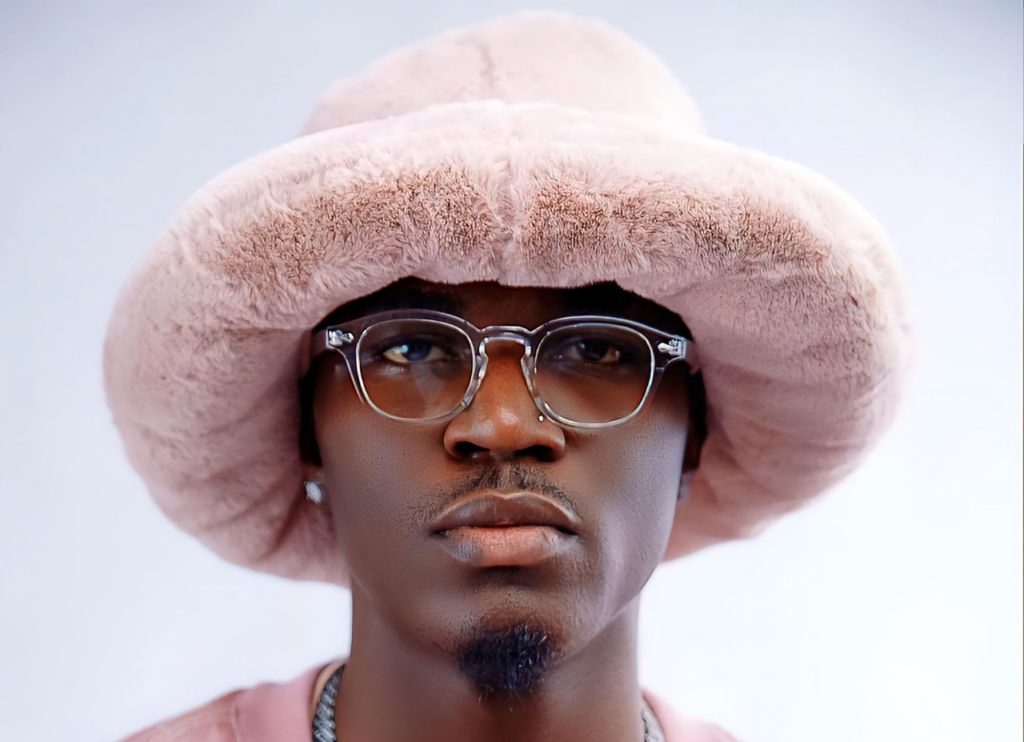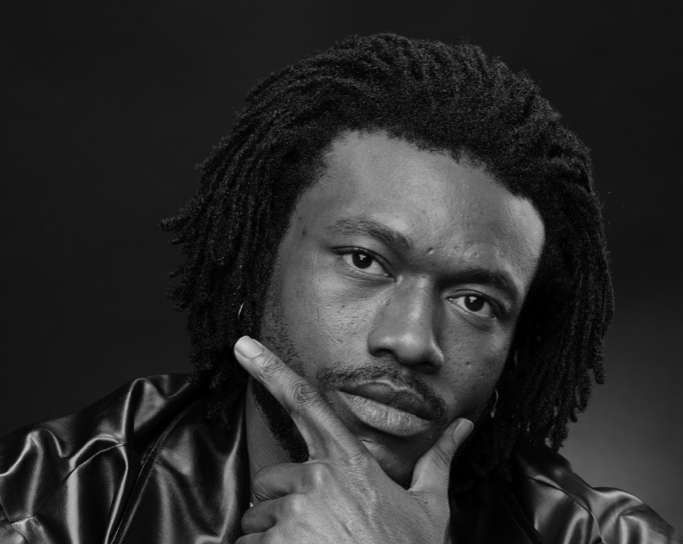The first noticeable thing that hits when “Jekomo” comes on is the urgency of its beat. A thrumming vibe that feels as though Drela and Durella are announcing the arrival of something uncontrollable, a madness that seeps into bodies and demands movement. Within seconds, it’s clear this is a song one automatically surrenders to. The rhythm fills the air with a revving vibe that instantaneously raises the energy without caution.

The title itself, drawn from the Yoruba phrase “jẹ́kó mọ́” meaning let them know, carries a boldness that frames the entire record. At its core, “Jekomo” is about visibility and the refusal to shrink in the face of hardship, the insistence that joy and confidence can exist even when the streets tell a different story.
Drela’s music has always walked the line between melody and grit, between coded street lingo and smooth Afrofusion storytelling. Raised across Plateau, Abuja, and Lagos, he’s carried different textures of Nigeria into his sound, sometimes reflective, sometimes celebratory. His recent work with Ghana’s Stonebwoy on “Dem Dead” hinted at his ability to stretch across borders.
Now, alongside Durella, he pushes further and there’s weight to this fusion. Durella’s reputation as the “King of the Streets” precedes him. His name is tied to a particular era of Nigerian music when street anthems were raw, unfiltered, and unavoidable. Pairing him with Drela, an artist carving his own lane in Afrofusion, creates a dialogue across generations. Thus, one bringing soul and reflection, the other bringing edge and street energy.

“Jekomo is Afro with that street bounce,” Drela said of the record. “It’s about joy, connection, living fully in the moment and never letting struggles weigh you down.” That intention is easy to hear. The song doesn’t mask hardship. Every bar and every layered percussion becomes less about escape and more about resistance, urging the mind to find its strength in motion.
Likewise, Durella captures it in his own way: “The moment Drela played the beat, I knew it was heavy. He brought soul, I brought Lamba, and together we made food for the streets.” His words ring true. Their chemistry is natural, not forced, folding one artist’s warmth into the other’s grit until the track feels expansive enough to exist anywhere.
Beyond collaboration, “Jekomo” feels like a reminder of what Afrofusion can be when artists lean into both individuality and community. It takes Afrobeats’ brightness, adds a touch of R&B smoothness, threads in dancehall’s rhythm, and keeps the coded language of the streets at its center.
More than anything, “Jekomo” affirms Drela’s vision of Afrofusion: a space where cultures, moods, and identities collide without losing their core. It’s music that makes people dance, yes, but also music that reminds them they exist, they endure, they matter. And when you press play, you don’t need to be told twice. You already know it is rave time, a release, a call to let loose.





